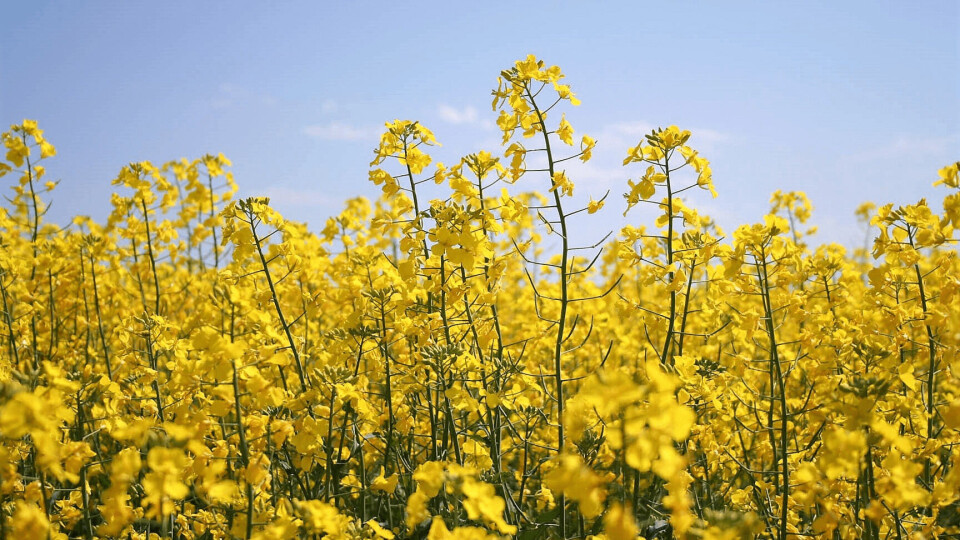
GM ingredient earns sustainable aquafeed certification
Fish feed ingredient Aquaterra, derived from genetically modified canola, has been certified for sustainable aquafeed production by Friend of the Sea.
It is the first biotechnology certification by Friend of the Sea, which certifies products and services that respect and protect the marine environment.
Aquaterra is a non-marine source of long-chain omega-3 fatty acids and is proven as a partial replacement for fish oil in feed application.
When included in aquafeed oil mix, Aquaterra reduces Fish In: Fish Out (FIFO) ratios by as much as 62%, while improving the omega 3: omega 6 ratio and DHA:EPA fatty acid ratios, California-based Nuseed Nutritional said in a press release.

Responsible agriculture
“The Friend of the Sea certification confirms Nuseed’s commitment to responsible agriculture and solving environmental challenges through the power of plants,” said Nuseed Nutritional general manager Benita Boettner.
Nuseed is a subsidiary of Australian agrichemical giant Nufarm and has spent almost a decade collaborating with the Commonwealth Scientific and Industrial Research Organisation (CSIRO) and the Grains Research and Development Corporation (GRDC) in Australia to develop and commercialise its GM canola crop.
Commercial-scale trials carried out on Atlantic salmon in Chile in 2018 and 2019 showed a decrease in mortality of the fish fed Aquaterra as part of their diet, with inclusions rates ranging from 1.49% to 1.90%.
1 hectare = 10,000 fish
The company says that a single hectare has the potential to produce the same amount of omega-3 oil as 10,000 fish each weighing a kilogram.
Nuseed’s canola is one of three GM oilseed products aimed at producing omega-3 for the aquafeed market.
Feed producer Cargill also has a GM canola developed in conjunction with chemical company BASF that is used to produce its Latitude feed, while agricultural institute Rothamsted Research in England has developed a GM camelina plant that can also incorporate salmon pigment astaxanthin.























































